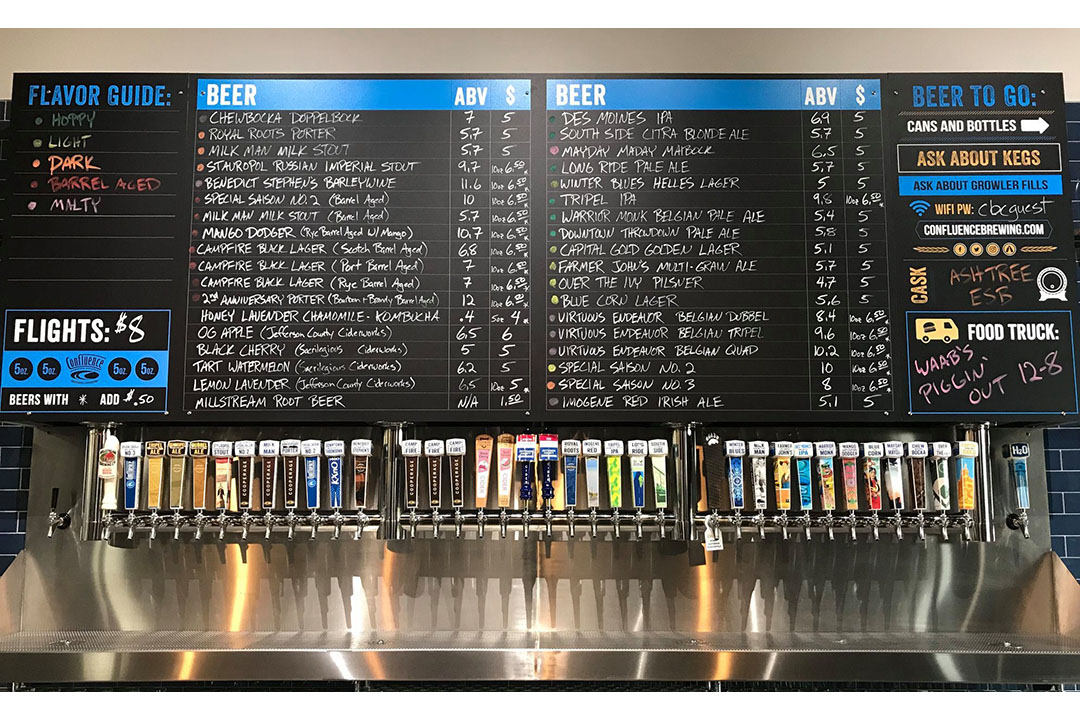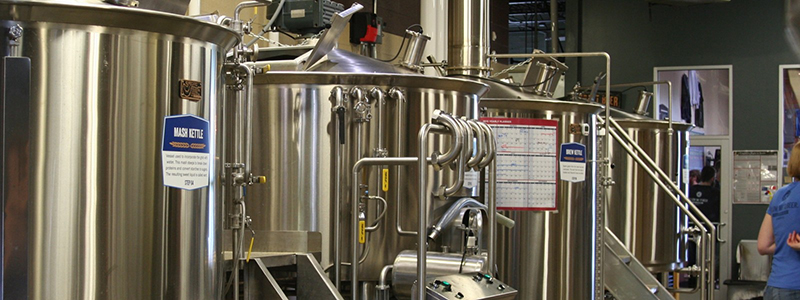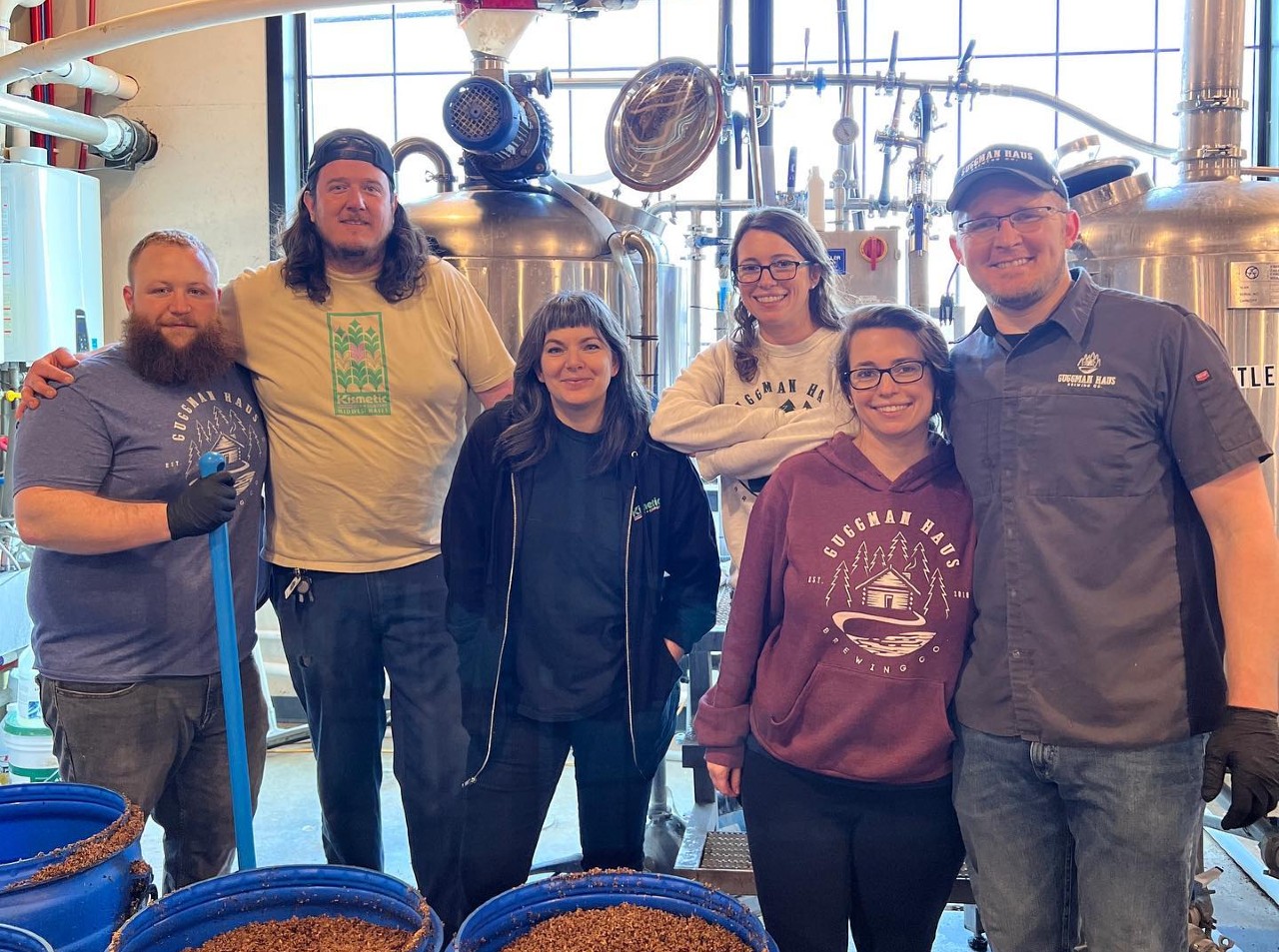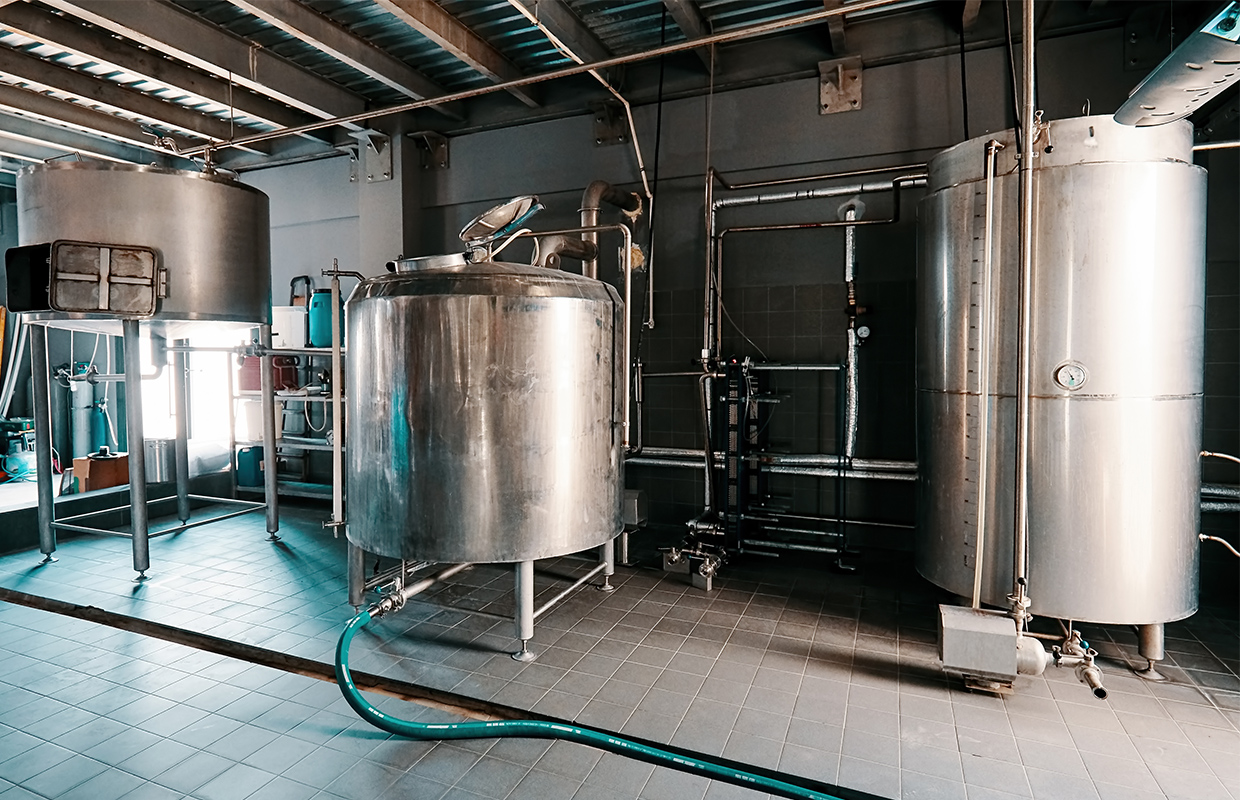
In the beginning, Confluence Brewing’s growth was organic.
With a 20-barrel brewhouse and five 40-barrel fermentors, the Des Moines, Iowa brewery started small when it opened in 2012. But when its Des Moines IPA became a hit with consumers, John Martin of Confluence said he had to start thinking about expansion. He wasn’t actively selling Des Moines IPA at the time, only filling retailers’ orders and customers’ demands.
After two small expansions in 2014, Confluence does actively sell its best-selling IPA, but Martin doesn’t want to oversell.
“It’s important to maintain those relationships with customers, especially because we do self distribute,” Martin said. “It’s a pretty short length between us and the retailer so we feel like we can manage that relationship pretty well that way.”
Martin said the brewery is growing as fast as the market allows, but admitted that if anything holding Confluence back from expansion, it’s himself.
“I’m so involved in the business some days and not at my desk working on the business, but it’s kind of what I want to do, too,” Martin said. “I want to be involved.”
Being hands on has helped in the past, but now that Confluence is bigger, Martin has to take a step back and focus on the market.
His sales distribution managers pay attention to the new businesses in town that are offering craft beer as a way to reach consumers that might not stop by the brewery itself.
“The goal from Day One was to be Des Moines’ brewery, and to make Des Moines proud,” Martin said. “When that’s your goal, it’s really trying to satisfy everyone’s needs, and that works well for us anyway.”
Martin wants to stick to Des Moines, and never had the mentality of wanting to be a regional brewery. He acknowledged the brewery’s limitations and lets the market lead. If there’s demand for expansion, he’ll consider a second location, but at the moment, he’s happy with the Des Moines operation.
Confluence does well with IPAs, releasing a series last year and playing around with different hop combinations, but Martin tries to innovate with Sours and fruity beers as well to stay competitive.
When making bulk orders, Martin said it is difficult to plan sometimes, especially since he’s overprojected the need for some hops, but he generally has more than he needs. Confluence has contracts for bi-weekly grain shipments, but staying up to date with hop orders proves more challenging.
Instead of ordering a silo in 2018, Martin is focusing on getting approvals for parking and landscaping from the city to ensure the building is up to code. The building is landlocked in a warehouse, so before expanding the brewery’s operations, Martin is trying to figure out how to get more parking spaces to keep its existing customers happy and coming back.
Editor’s Note: Jon Sicotte contributed to this story.






Be the first to comment